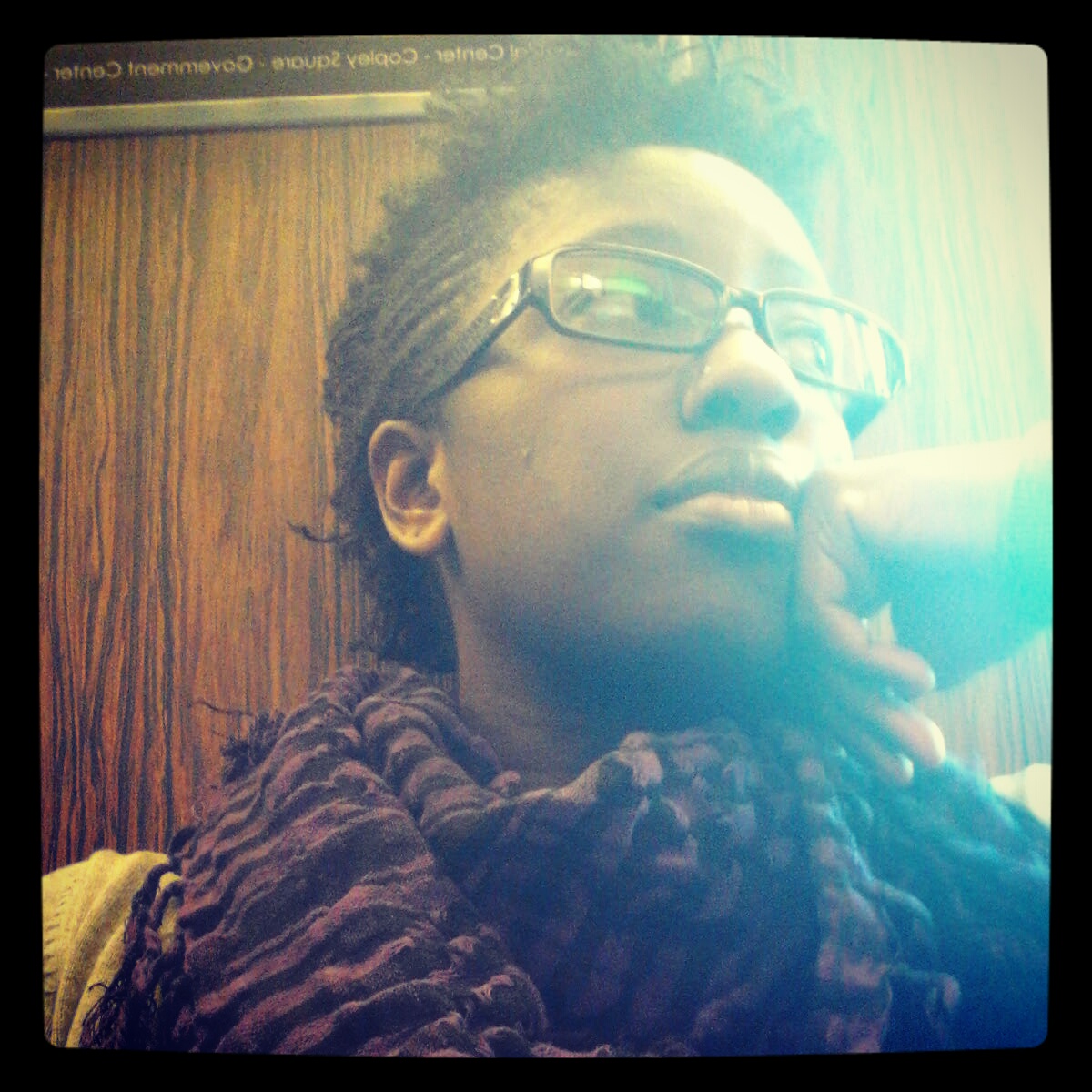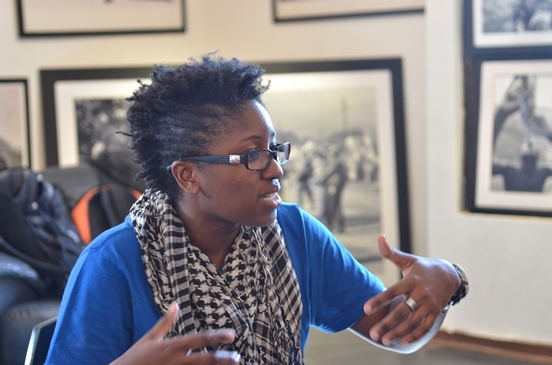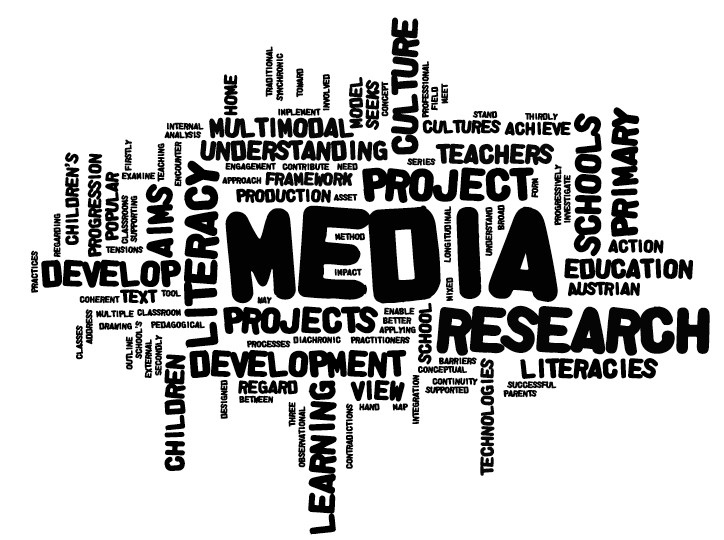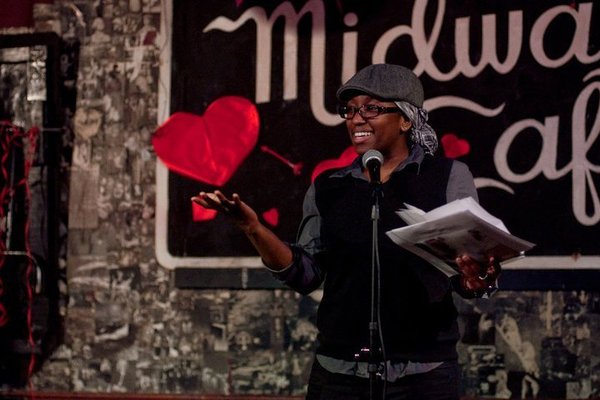I didn't sign into Facebook that morning. I knew what I'd see; a timeline of status updates and cropped purple photos for Spirit Day; a timely performance of empathy. I knew, too, that my Facebook feed, practically segmented into Lists, including one for "Nigerian", "College" and "Queer" would vary in…
-
-
Response to “An End to Self Care”: How About “An End to the Activist Martyr Complex?”
An articled called, "An End to Self Care" was recently published, in which an activist proposed bringing an end to all the individualism behind "self-care" and, instead, called for sustainable community care. His piece (and some of its praise) reminded me why I've made it a point to stay away…
-
My BET.com Interview about LGBT Africa and the Media: “Being Gay in Africa Is Neither Good Nor Bad”
BET.com interviews me about my work as a media activist focusing on gender and LGBT issues in Africa. The piece, which was very positive and optimistic, prompted some thoughts about what "good" media activism means to me. Surprisingly "good" media has nothing to do with it. Read the interview, and…
-
Advocacy - Blog - Media - New Media - Philanthropy - Speaker Services - Training and Consulting Services
Social Media for Social Change: 10 Tips from a Queer African Media Activist
I recently published a personal reflection of my accidental, non-linear career trajectory as a writer and a media activist. In addition to my philosophy about using media for change, I wanted to share a few tangible new media tips, tricks, and strategies that have been helpful to me as well.…
-
Advocacy - Afrofeminism - Blog - Gender and LGBT Issues - Keynotes, Talks, and Presentations - LGBT Africa - Media - My Work - New Media - Philanthropy - Speaker Services - Thought Leadership
Making It In Media, Accidentally: One Queer African Writer’s Journey to Paradise
My career path in media hasn't been linear or conventional by any means. I went to MIT to study Mathematics, before realizing that I was really an artist. My parents are still in recovery. But everything will work out. It always does. Don't drive your career with someone else's rear…
Online rulet oyunları gerçek zamanlı oynanır ve online slot casino bu deneyimi canlı yayınlarla destekler.
İnternet üzerinden eğlence bahsegel giriş arayanlar için deneyimi vazgeçilmezdir.
Kullanıcıların hesaplarına hızlı ve sorunsuz bettilt ulaşabilmesi için adresi her zaman güncel tutuluyor.




